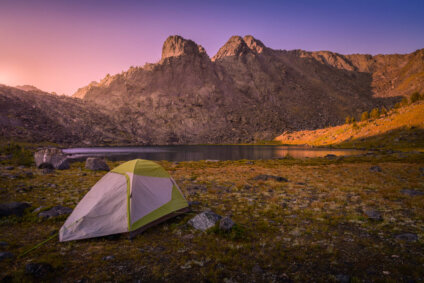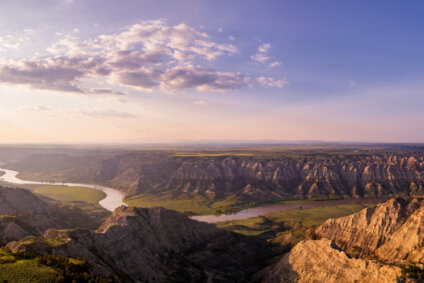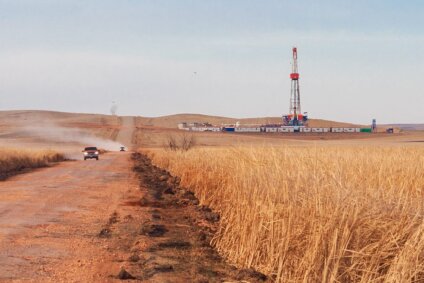Congressman Daines guides North Fork Watershed Protection Act through U.S. House
Challenges remain as Republicans block legislation in the Senate
The North Fork Watershed Protection Act snuck through the House of Representatives today during an unceremonious order of business typically reserved for non-controversial bills like the naming of Federal buildings.
In fact, if you happened to blink, you would have missed it.
The North Fork passed the House under “suspension rules”, which allow Congress to suspend normal rules for bills that have little opposition. And just like that, decades of collaborative effort on the part of hundreds of people, organizations, small businesses and multinational corporations moved a lot closer to becoming law.
It would be nearly impossible to describe the importance of the North Fork or the painstaking process that has culminated in this piece of legislation better than Lex Blood does in his recent opinion-editorial, which has been printed in several Montana newspapers. There is certainly more than one lesson to be learned from this story, but one particularly important lesson is that patience, persistence, and bipartisanship are the key ingredients required to protect large, wild landscapes.
In his column, Dr. Blood, a former President of the Montana Wilderness Association, suggests that we should thank Congressman Daines for his leadership. And so we should. It is no small feat to move a bill through Congress, even one with the depth and breadth of support that the North Fork enjoys. Our Congressman successfully translated the broad base of support in Montana into bipartisan support in Washington D.C. and we hope that he will continue this approach until the bill reaches the President’s desk.
Of course, the legislation still needs to pass the Senate, where 60 votes are needed to avoid a filibuster. Currently, two to three Republican Senators have a hold on the bill, preventing a vote from taking place. Our Congressman has pull with these Senators and we hope that he does everything he can to ensure that his Republican colleagues do not delay a bipartisan bill for political reasons.
After all, this bill has been bipartisan from the very beginning. Our entire congressional delegation supports this legislation, including John Walsh, who signed on as a co-sponsor last week in one of his first acts as our newly appointed Senator.
Daines and Walsh both support this bill because clean water, secure wildlife habitat and the enduring ecological integrity of Glacier National Park are matters of popular concern in Montana. Indeed, common sense conservation is resoundingly popular across the state and should be viewed as a political winner by all sides.
Multiple polls over the past five years have shown that Montanans overwhelmingly support the Rocky Mountain Front Heritage Act and the Forest Jobs and Recreation Act, and a recent poll by Colorado College found that 69% of Westerners are more likely to vote for a candidate who supports enhancing protections for some public lands, like National Forests.
“The West is a major political battlefield this year, and the poll tells us congressional candidates would be wise to consider their position on conservation and land use issues carefully,” said Colorado College economist and State of the Rockies Project faculty director Walt Hecox, PhD.
Congressman Daines seems to have taken this advice in regards to the North Fork bill. He has also been especially deliberate in his consideration of the Rocky Mountain Front Heritage Act. Last year, he held a public listening session in Choteau where the Great Falls Tribune reported supporters outnumbering opponents 3 to 1. He and his staff have since made several trips to the Front to solicit additional input from local residents.
When he introduced the North Fork bill in the House, Congressman Daines issued the following statement: “Efforts to protect the North Fork Watershed, like the North Fork Watershed Protection Act, are a good example of how we can work together to put Montana first . . . I’m glad to be a part of this important, bi-partisan effort and leading the charge in the House to achieve the goals that the Flathead community supports.”
Folks along the Front – and across Montana – are eager to hear the same kind of support from our Congressman for common sense conservation in their neck of the woods. We hope Rep. Daines’ success on the North Fork bill is a sign that they won’t have to wait too long.
– Casey Perkins is the Rocky Mountain Front Field Director for the Montana Wilderness Association. She lives and works in Choteau, MT.
Stay Connected
"(Required)" indicates required fields


